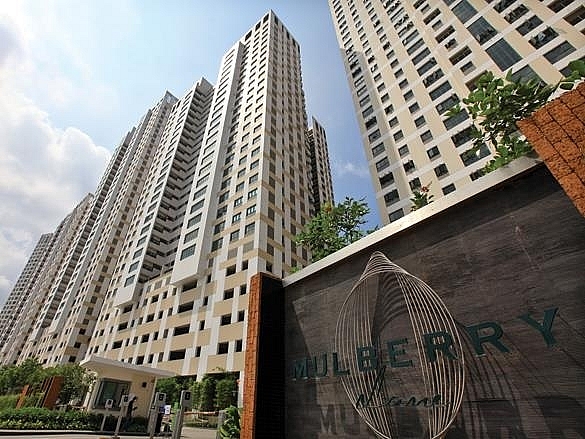Hanoi names priority sectors to attract Singaporean investors
| CapitaLand's Mulberyland project in Hanoi |
According to the Hanoi People's Committee, the city will focus on attracting Singaporean businesses with expertise in real estate, property management services, education and training, healthcare, environment, and trade services.
The city's investment orientation is in line with investment trends among Singaporean enterprises.
According to the Singapore Business Association in Vietnam (SBAV), together with traditionally strong interest in real estate, construction, and manufacturing, Singaporean investors have been showing increased interest in healthcare and renewable energy in Vietnam to cash in on rising local consumerism and the government's support policies.
| Renewable energy is an emerging trend among Singaporean investors in Vietnam, where the electricity consumption grew at twice the pace of economic growth over the past few years. |
Renewable energy is an emerging trend among Singaporean investors in Vietnam, where the electricity consumption grew at twice the pace of economic growth over the past few years.
Healthcare is also becoming an area of interest for Singaporean investment in Vietnam, as locals spend about $2-3 billion on healthcare services abroad annually. There is a yet unmet demand for high-quality healthcare services in the country, driven by an expanding middle class and higher incidence of lifestyle-induced diseases.
"There appears to be a trend towards rising consumerism in Vietnam, and healthcare and renewable energy. [The interest in] healthcare and renewable energy could be due to government policies which encourage such sectors,” Jazreel Lim, president of SBAV, told VIR.
Government reform in opening up sectors which were previously restricted or capped for foreign investment, like pharmaceutical, healthcare, and state-owned enterprises (SOEs), will influence the focus of investments from Singapore, she added.
To date, Singapore remains Hanoi's biggest foreign investor. As of the end of 2017, Singapore invested an accumulated $5.5 billion in the capital, followed by Japan ($5.38 billion) and South Korea ($5.34 billion).
Source: VIR



